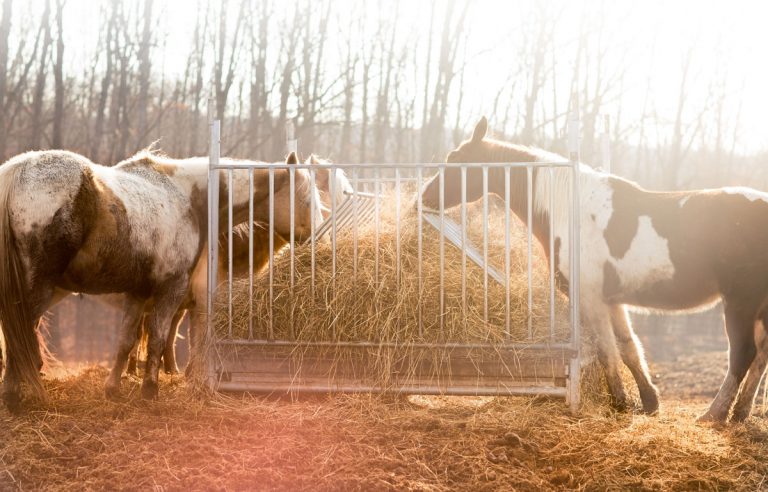Understanding Protein Requirements for Horses
When it comes to equine nutrition, understanding the protein requirements for horses is crucial for their overall health and performance. Protein plays a vital role in numerous physiological functions, and ensuring your horse receives adequate protein is imperative for their well-being.
Whether you are a seasoned equestrian or new to the world of horses, learning about these requirements can significantly impact the care and management of your beloved equine companion.

The Role of Protein in Equine Health
Protein is a fundamental component of a horses diet. It is a macronutrient made up of amino acids, which are essential for building and repairing tissues, including muscles, skin, hair, and hooves. Additionally, protein is involved in the production of enzymes and hormones, contributing to overall physiological well-being and nutrient balance.
Why Amino Acids Matter
Amino acids are the building blocks of protein. While horses can produce some amino acids on their own, essential amino acids must be obtained from their diet. Some critical amino acids include lysine, methionine, and threonine, all playing specific roles in your horse’s health.
Determining Your Horse’s Protein Needs
Horses have varying protein needs depending on their age, weight, and activity level. For example, a growing foal or a lactating mare will have different requirements compared to a mature, non-working horse. Understanding these needs can guide you in providing the right nutrition.
Factors Affecting Protein Requirements
Several factors influence a horses protein requirements, including:
- Age: Younger horses need more protein to support growth.
- Workload: Active or working horses require additional protein for muscle maintenance and repair.
- Reproductive status: Pregnant or lactating mares have higher protein needs.
Consider consulting a professional or using resources like a horse feeding schedule to ensure proper nutrition for your horse.
The Importance of Feed Quality
The quality of your horses feed can impact the available protein levels. Ensuring your horse consumes high-quality hay, grains, and supplements is vital for meeting their protein needs. Testing hay quality can be an excellent starting point to determine the protein content in your horse’s diet.
Supplementation and Feeds
In some cases, natural feed may not provide sufficient protein, especially for high-performing horses or those with specific health needs. In such instances, using suitable horse mineral supplements can provide the necessary amino acids.
Common Protein Sources
Common sources of protein for horses include alfalfa, soybeans, and specific supplements designed for equine diets. Finding the right balance of these sources is essential to provide an adequate protein level.
Signs of Inadequate Protein Intake
Its crucial to recognize the signs of protein deficiency. Some common indicators include poor coat condition, weight loss, muscle wastage, and slow growth in foals. If you suspect a deficiency, adjusting the diet or consulting a veterinarian may be necessary.
Balancing Protein Within the Diet
A balanced diet is essential for maintaining optimal health. Combining proteins with other nutrients ensures a well-rounded feeding regimen. Its crucial to maintain this balance and avoid excessive protein, which can lead to other health issues.
The Risks of Over-Supplying Protein
While protein is essential, its vital not to overfeed it. Excessive protein intake can result in issues like weight gain or kidney problems. Working with a professional to balance protein intake can prevent potential health risks.
The Path to Optimal Equine Nutrition
Ensuring your horse receives adequate protein aligns with promoting their health and performance. A well-nourished horse is more likely to thrive and perform at its best. Additionally, educating yourself about various feeding practices can significantly impact nutritional outcomes.

External Advice and Resources
For more specific guidance on nutrient deficiencies, consult external resources offering insights into equine nutrition.
Frequently Asked Questions
What protein sources are best for my horse?
Common protein sources include alfalfa hay, soybean meal, and specialized equine supplements, depending on your horse’s specific requirements.
How do I know if my horse is receiving enough protein?
Monitor indicators like glossy coat, healthy muscle mass, and consistent weight. Consult a veterinarian or equine nutritionist if you are uncertain.
Can a horse receive too much protein?
Yes, excessive protein can pose health risks, including kidney strain and weight issues. Balance is key in a horse’s diet.
This article contains affiliate links. We may earn a commission at no extra cost to you.
